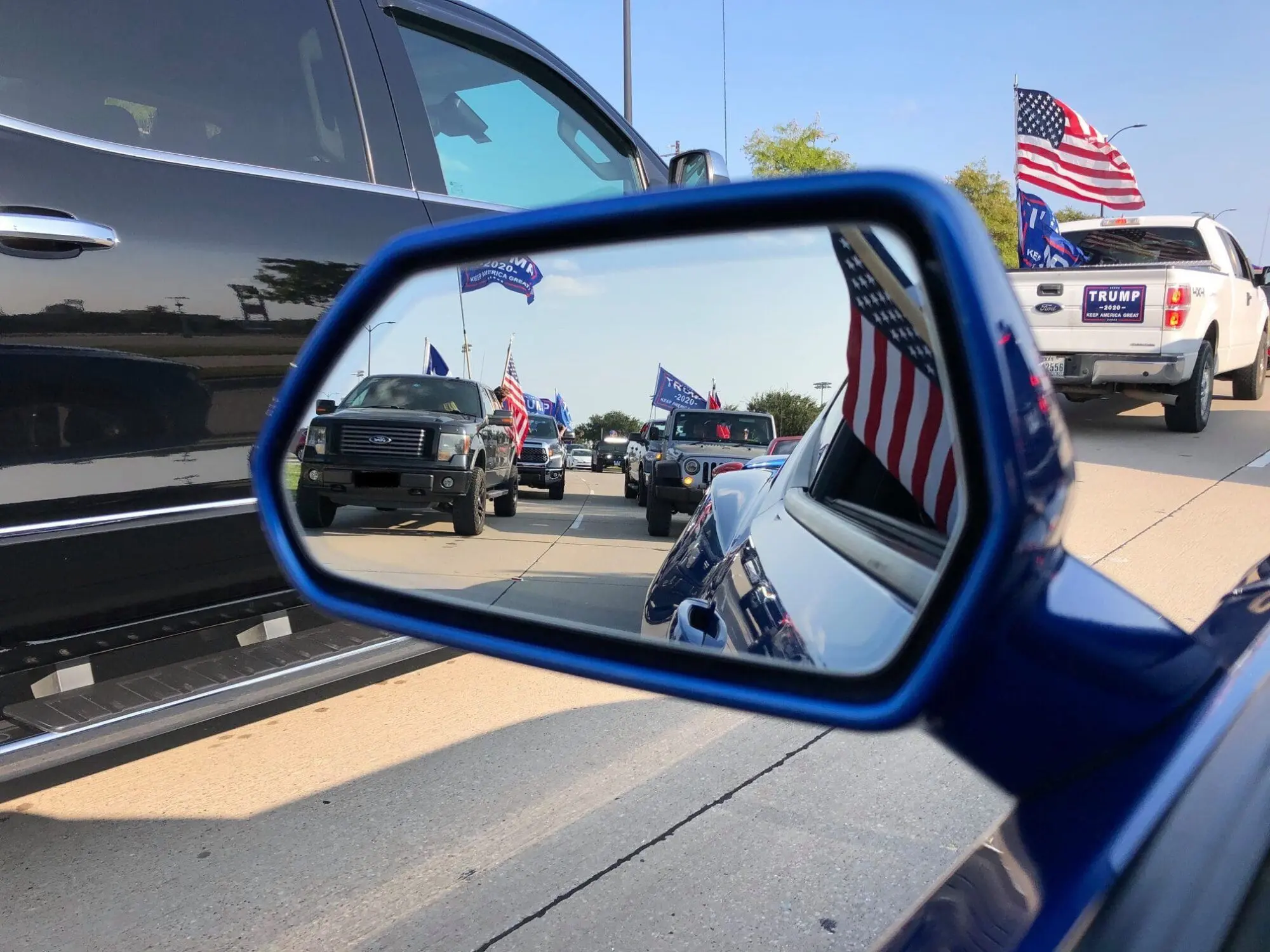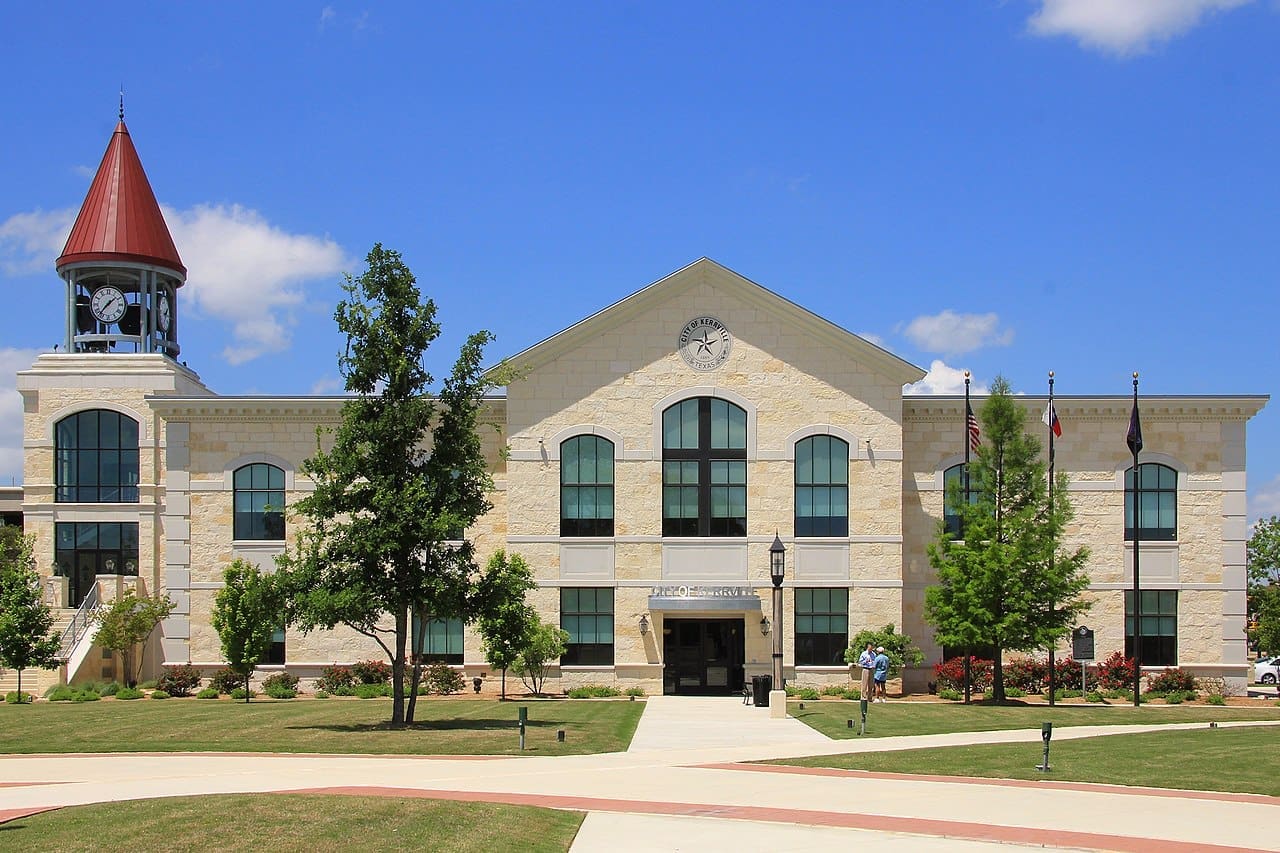A slate of conservative groups and individuals were denied the ability to testify before a Texas House committee regarding laws protecting free speech.
Part of the hearing, held Wednesday by the Committee on Judiciary & Civil Jurisprudence, reviewed the “current use and misuse” of the Texas Citizens Participation Act.
The TCPA was first passed in 2011. It sought to protect citizens from retaliatory lawsuits aimed at intimidating or silencing them on matters of public concern, known as “SLAPP” suits.
Eight years later, lawmakers in the 86th Legislature updated the relevant sections of the Civil Practice and Remedies Code to scale back some of the changes made by the TCPA—a point of controversy with some grassroots activists.
However, many of those same activists were not given an opportunity this week to voice their concerns about the perceived chipping away of TCPA protections.
Among the groups and individuals whose testimony was denied are attorney Tony McDonald, Texas Right to Life, the Protect Free Speech Coalition, the Young Republicans of Texas, and “The Bob Ferguson Show” host Bob Ferguson.
McDonald told Texas Scorecard that the panel, chaired by State Rep. Jeff Leach (R-Allen), cared more about inviting the testimony of “wealthy interests who want to undermine the TCPA” than those who want to maintain it.
“Alarm bells should be going off that Texans need to get engaged to fight for their right to free speech,” stated McDonald. “Deep-pocketed interests are more than happy to spend a million dollars suing their opponents into submission. The only effective tool citizens have to fight back is the Texas Citizens Protection Act.”
McDonald’s testimony he shared with Texas Scorecard acknowledged some problems with the current state of the TCPA, which allows for a ruling by a trial court to be appealed while other aspects of a case are still proceeding.
Still, he defended the process on its merits.
“While concerns about the speed of appeals are valid, the solution isn’t to remove protections. Instead, the Legislature should expedite appeals by providing courts with more resources and clarifying the right to emergency relief and expedited briefings,” wrote McDonald.
McDonald believes that the denial of his and other like-minded individuals’ testimony at the hearing signals that the TCPA is due for further limitations by lawmakers during the next session.
Unlike the other groups, Texans for Lawsuit Reform was permitted to testify before the committee on Wednesday and called for further changes to stifle the TCPA.
“This statute was introduced multiple times before any of you were legislators. I … would go over every session, and I would say, ‘This thing is way too broad. TLR could never support it,’” said TLR President and General Counsel Lee Parsely.
“It changed authors in 2011, and it passed. But it was still way too broad,” he added.
Parsley argued that the law began to “eat … civil litigation in Texas,” prompting certain reforms in 2019. Nevertheless, TLR does not believe those reforms went far enough and wants further changes to the interlocutory appeals process to speed up cases.
“In other words, in any civil action filed in a Texas court, the defendant can unilaterally stop proceedings by filing a TCPA motion to dismiss and appealing the denial of that motion,” reads a June article by TLR. “Of course, the appellate process could take months to complete, and possibly more than a year.”
TLR began as a tort reform group representing Texas business interests in 1994 and has since expanded into other issues. Notably, the group’s political action committee dished out millions of dollars to moderate candidates in the last Republican primaries with mixed success.
Another individual present at the hearing was attorney Steve Bresnen of BresnenAssociates, who serves as a lobbyist for the Texas Court Reporters Association.
This election cycle, the group’s PAC gave hundreds to moderate Republican candidates individually, including $1,000 each to the committee’s chairman, Leach, and embattled House Speaker Dade Phelan (R-Beaumont).
“The TCPA (in its first iteration) began to gobble up a whole lot of civil litigation,” contended Bresnen. “One reason is the courts—and the (Texas) Supreme Court in particular—applied the … law beyond the protection of constitutional rights. … It applied it to a lot of cases where nobody anticipated that it would be done.”
Texas is not the only state that has implemented laws targeting SLAPP lawsuits against ordinary citizens. As of May, 34 states and the District of Columbia have laws protecting against frivolous litigation to varying degrees.





